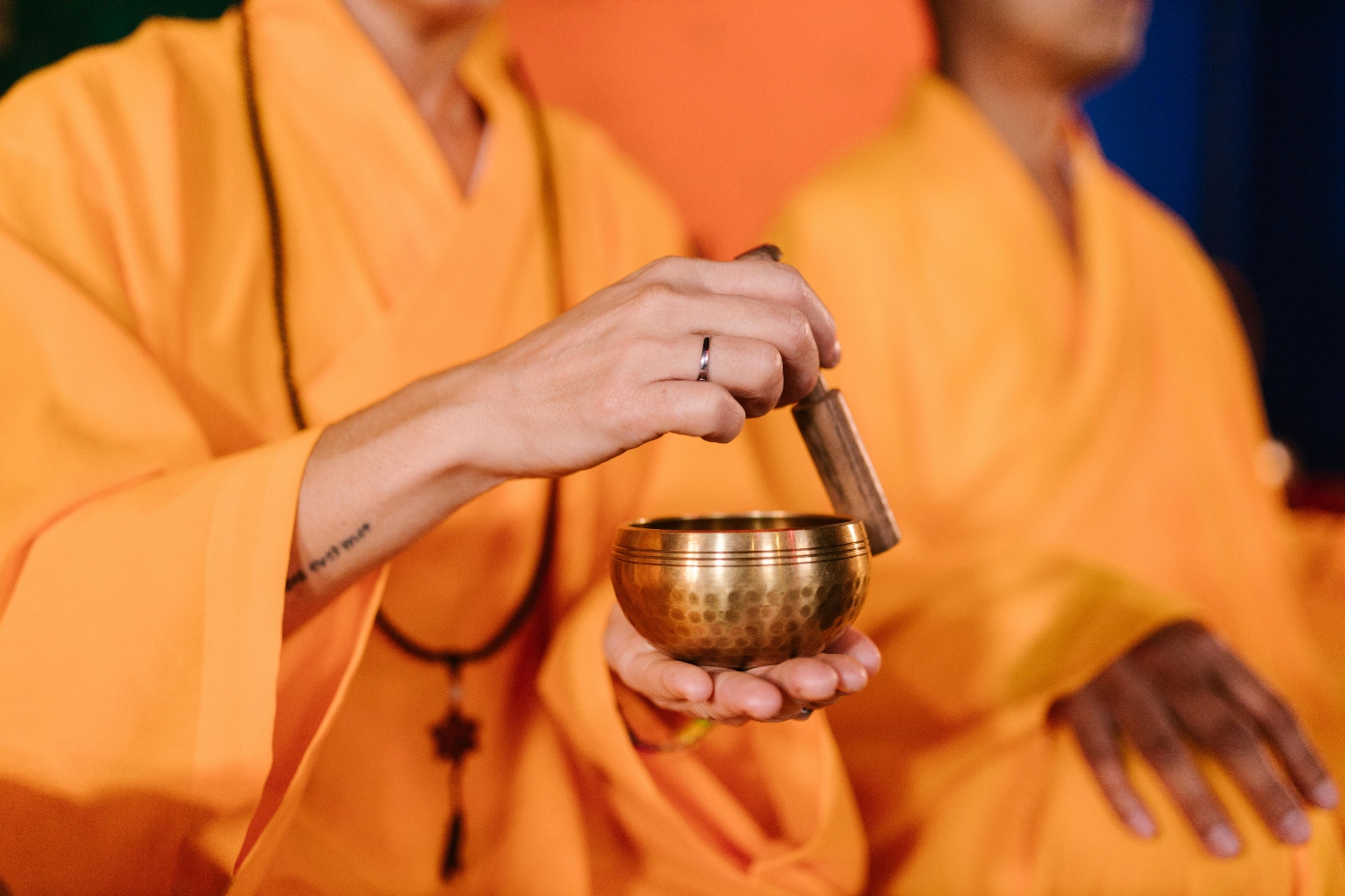 Image Source From Pexels
Image Source From Pexels
Nowadays, increased stress levels have led many individuals to pursue alternative therapies for achieving balance and rejuvenation. In the USA in 2021, 24% of respondents reported using herbal teas, supplements, or alternative medicines for various health issues. Furthermore, 10% indicated they turned to alternative options like non-prescribed marijuana. The alternative medicine and therapy market in the USA is estimated to generate revenue of up to $30 billion.
Contrary to some beliefs, alternative therapies are not overly controversial; they provide various health benefits that many individuals find personally advantageous. This article will explore various types of alternative therapies that may assist in fostering balance and tranquility in your life.
Popular Alternative Therapies
Reiki and Energy Healing

Reiki is recognized as a type of energy healing that channels universal energy to facilitate relaxation and healing. During sessions, clients may experience:
- Integration of techniques that combine Reiki with other therapeutic methods like sound healing, hypnotherapy, and aromatherapy.
- Personalized energy plans designed to align an individual’s energy centers.
- Individual consultations with certified Reiki practitioners.
Reiki involves various techniques, such as:
- Clearing
- Centering
- Beaming
- Infusing
- Raking and smoothing the aura
Individuals with conditions like cancer, anxiety, depression, autism, chronic pain, fatigue, and infertility often integrate Reiki into their wellness plans to evaluate its effectiveness. Reiki energy healing remains a widely respected choice in alternative medicine.
Sound Therapy and Sound Baths

Sound therapy is an alternative approach that purportedly aids in relaxation and healing, utilizing vibrations from various instruments to enhance the body’s healing properties. Participants in sound therapy and sound baths may enjoy some or all of the following experiences:
- Guided sessions facilitated by experts using gongs and crystal bowls in a tranquil setting.
- Tailored soundscapes designed to meet individual therapeutic needs.
- Combination of sound therapy with additional therapies for a holistic healing experience.
Sound therapy is a refined practice requiring skilled professionals; incorrect sound vibrations can lead to negative effects.
Medical Marijuana
Medical marijuana is one of the more contentious alternative therapies available. It has been subject to numerous studies and trials, and in certain states and countries, legalization has occurred to facilitate treatment of specific medical issues. When considering medical marijuana for therapeutic purposes, keep the following in mind:
- A medical marijuana card is necessary from providers like Leafy Doc.
- Understand your state’s rules regarding medical marijuana, as its use remains illegal in many areas.
- Utilize it only on an as-needed basis to address specific health concerns.
- Adhere to a medical plan established by licensed professionals.
Medical marijuana is available in various forms, including high-quality edibles, oils, tinctures, and creams. Reported benefits include:
- Alleviation of daily anxiety and stress levels.
- Pain relief for chronic illness or injury sufferers.
- Induction of relaxation to support a balanced lifestyle.
Ultimately, medical marijuana continues to be used extensively by many individuals.
Float Therapy

Float Therapy entails floating in a saltwater tank to achieve complete relaxation. This therapeutic method is said to induce sensory deprivation, promoting relaxation. High-end facilities offering float therapy typically provide:
- Exclusive float rooms designed for optimal comfort and serenity.
- Post-float services that include guided meditations and massages to enhance the overall experience.
- Insights on the potential benefits of the float therapy.
Benefits of float therapy might include:
- Reduction of anxiety and stress
- Lowering of blood pressure and heart rate
- Assistance in alleviating depression
- Pain relief for muscles and tension
- Mitigation of headaches
- Enhanced sleep quality
Individuals participating in float therapy should remember to breathe deeply from the diaphragm and refrain from touching their face, as this can irritate the eyes with salt water. Remaining still during the float provides the most benefit. Float therapy remains a popular option for stress relief.
Endnote
Alternative therapies have been utilized for many years to assist individuals in managing symptoms and ailments while exploring self-care options. Although responses to these therapies vary, their role in providing support to individuals will persist in the years ahead.
For more insights into the latest trends in beauty and wellness, click here.



